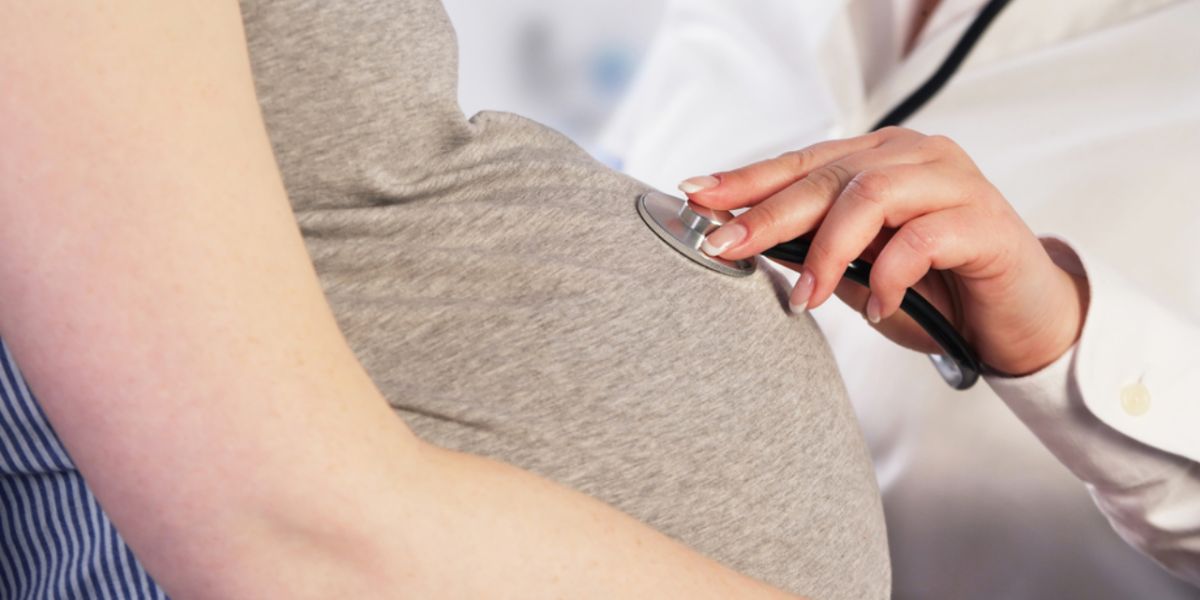
Are you ready to expand your family in the Dominican Republic (DR)? This article should provide you with all the information about pregnancy in the DR and your options if not intended.
The DR has reached a very stable and consistent economic growth over the past decade, which has led to a remarkable reduction in poverty. Unfortunately, this only reflects a part of the country's development, whereas other areas are still considerably rudimentary.
One of these areas is women's health and everything that comes with it.
The DR records many adolescent pregnancies, leading to a high maternal and child mortality rate.
If you find yourself in the situation of getting pregnant while being in the DR, knowing your options is crucial.
Before you take any further steps, you should buy a pregnancy test in a conventional pharmacy – it will cost between RD 50 and RD 200 per test kit at "Los Hidalgos".
If you prefer a blood test, you can make an appointment at any laboratory, which should be around RD 600, depending on the clinic. At the bottom of the site, you will find helpful links.
Important:
Pre- and postnatal leave in the Dominican Republic, per law, consist of 6 weeks before birth and 6 weeks after.
Prenatal care in the Dominican Republic
The availability of this concept depends a lot on where you live in the Dominican Republic. Bigger cities tend to have better healthcare for women for obvious reasons. Suppose you are in more rural and remote areas – in that case, it could be pretty challenging to find experienced and qualified gynecologists who offer proper technical equipment to monitor your and your baby's health.
Expats highly recommend the Hospital Metropolitan in the city of Santiago as it comes with a high standard for childbirth management and prenatal care.
Once you've done your pregnancy test at home, call your closest "Servicio Regional de Salud" to get information on where to get your prenatal check-ups. This could be a hospital or a health center.
Good to know about doctor's visits:
Like in any country, they consist of routine checkups and ultrasounds, and they further give you an idea about your due date. Unfortunately, your insurance will not cover any of these services, so you will either have to organize private insurance and pay upfront or start saving up!
The first prenatal check-up should be 12 weeks into your pregnancy. This one is a really important one as they will do all the clinical studies to make sure you have good health conditions and also if you have any diseases (HIV, syphilis, etc.) that could be harmful to your baby if not treated.
Prenatal courses
The goal is to give future parents guidance on what will happen during the next 9 months and ultimately prepare them for the birth procedure.
The "Hospital Materno Dr. Reynaldo Almánzar" in Santo Domingo offers helpful advice on this topic.
Yoga
It's the perfect space to create the first bond between mother and baby, and it can give valuable tips for the whole experience of being pregnant. Around Santo Domingo, you can find various studios that offer prenatal yoga courses.
Giving birth in the Dominican Republic
Most women give birth at hospitals or private birthing clinics. Unfortunately, most people in the Dominican Republic still consider pregnancy and birth a women's thing. Hence, men are often not allowed to accompany women in the delivery room – foreigners can usually request their partner's company.
Furthermore, women are advised to get a C-section done instead of natural birth. The reasons vary, but it comes down to making more money from a patient.
The costs for giving birth in the DR can range from RD 30,000 in a public hospital to RD 64,000 in a private facility.
When we were in the COVID-19 pandemic, some hospitals restricted partners from joining us in the delivery room. Make sure to check in with your doctor ahead of time.
It is important to know that, by law, you can have a natural birth even though you were infected with Covid-19.
Recent studies have also shown that there is no need to worry about transmitting the virus to your baby while breastfeeding. Breast milk is still the most nurturing food for your newborn.
Doulas and midwives in the Dominican Republic
Midwives offer their services, especially in more rural areas of the country, where modern hospitals are rare to find.
There is a long tradition of midwifery in the Dominican Republic that dates back to the 1800s, when this vital role was recently revived before, during, and after birth.
Thanks to midwives' fantastic work, it became evident that many birth-related deaths were prevented.
Also on the rise – are doulas, which provide emotional support to the mothers-to-be during labor.
Most of the information about it is in Spanish, but there are some websites and articles in English.
In this post, you will find more about giving birth and what you have to keep in mind after (registration, what nationality your baby will be, etc.).
Abortion in the Dominican Republic
Unfortunately, the DR is still amongst the countries that constitute abortion as illegal.
Article 37 of the Dominican Constitution declares: "The right to life is inviolable from the moment of conception and until death".
The number of illegal abortions per year is estimated to be around 25,000. A new law from 2012 also formed criminal penalties against women who induce abortion and all people who take part in helping them. The sentence can range from 2 to 3 years for pregnant women and 4 to 10 years in prison for medical practitioners who helped provoke an abortion. Amnesty International highly condemned these laws, but the Dominican government so far ignored them.
Useful links:
Laboratory – Clínica de Familia La Romana
Pruebas – Referencia Laboratorio Clínico
Laboratorio Clínico – Patrias Rivas
Doulas Dominicana – Home – Facebook
Midwives for the Dominican Republic – Home – Facebook
Cursos de preparación para el parto | Republica Dominicana
Cursos de preparación al parto: mucho más que aliviar el dolor
We do our best to provide accurate and up to date information. However, if you have noticed any inaccuracies in this article, please let us know in the comments section below.











